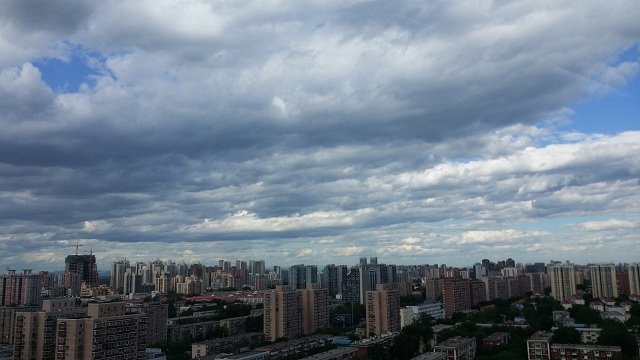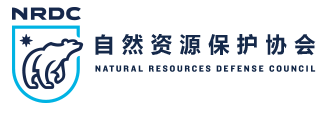
On January 1, 2016, China's amended Air Pollution Prevention and Control Law took effect. A major difference of the new law compared with year 2000 version is in the expression of the law's overall purpose. The former version only emphasized "total emissions control." While this management approach is correct, the new version now states more precisely that the goal of the law is to "improve air quality." People will use this single criterion to ultimately judge how effective the series of ambitious clean air policies and measures being implemented are.
In Beijing, we are able to see closely how the city government is fighting air pollution, from replacing coal burning boilers to executing stringent vehicle emission standards, and to issuing smog alerts that require temporary driving restrictions. With an office in Beijing, we have had opportunities to provide recommendations to the city on many issues, such as on energy efficiency, green buildings, and sustainable transportation. In January, the Beijing Environmental Protection Bureau invited NRDC and several other local and international NGOs to nominate 2015 Beijing Ten Most Significant Phrases on Air Quality as a public education activity. We were glad that "Coal Reduction", "Most Stringent Environmental Law", and "Full Public Participation" entered the final list. The list was covered by several influential Chinese newspapers and social media outlets, including People's Daily and The Beijing News, which mentioned NRDC and other organizations as key contributors.

